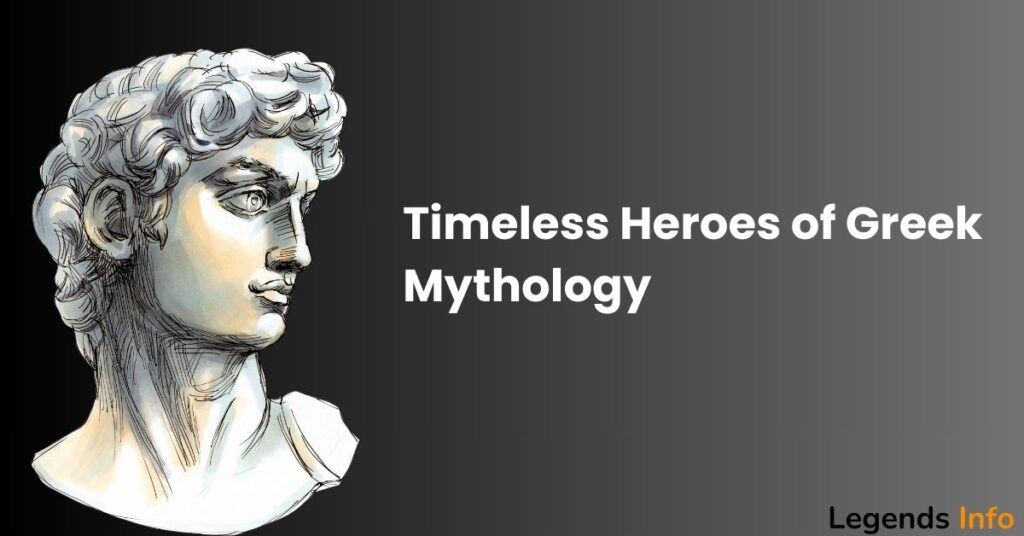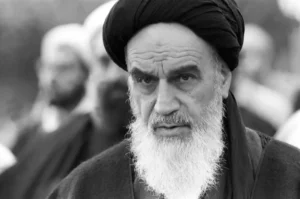Table of Contents
ToggleIntroduction
Greek mythology’s complex stories of courage, adventure, and struggle enthral the imagination. Not only central protagonists in ancient tales, the heroes of these myths—figures like Hercules, Achilles, and Odysseus—have evolved as archetypes in literature and psychology, reflecting the universal need for identity and excellence. This page examines these fabled heroes, clarifying their stories and influence on modern society.
Her Pantheon of Heroes
Hercules: The Ideal of Trials and Strength

Renowned for his great strength and divine background, Hercules is primarily recognized for the Twelve Labors, a penance set of chores. Every work—slaying the Nemean Lion, catching the Golden Hind of Artemis, getting the girdle of Hippolyta—symbolizes a path of overcoming almost insurmountable obstacles, therefore illuminating human fortitude and endurance.
Achilles: The Imperfect Warrior
The principal character of Homer’s “Iliad,” Achilles, captures the problem of fatal vulnerability and invulnerability—his heel. His story is one of bravery and tragedy, stressing ideas of grandeur and fate that still ring true in debates on the human condition and the inevitable defects that define us.
Odysseus: The Shrewd Traveler
Renowned for his intelligence and wit, Odysseus, the hero of Homer’s “Odyssey,” stands for the values of knowledge and flexibility. Full of legendary animals and divine difficulties, his ten-year trip back from the Trojan War emphasizes the human struggle against hardship and the search for home and fidelity.
Ideas and Teachings
Every hero’s narrative is laden with ideas that cut across ancient Greek society and address the concerns of universal morals, identity, and the nature of success. These stories teach the value of creativity (Odysseus), the consequences of decisions and pride (Achilles), and the ongoing search for atonement (Hercules).
Impact of Culture
Greek heroes have shaped ideas of heroism and morality, strongly affecting Western cultural and educational traditions. From Renaissance art, which honoured these heroes’ moral and physical standards, to contemporary literature and movies revisiting and rereading their stories for future generations, Greek mythology heroes are always present.
Modern Relevance
Greek mythology heroes give a structure for personal development and knowledge in today’s culture, not only entertainment value. They ask us to examine our weaknesses, welcome our unique paths, and come to terms with the complexities of fate and character.
Questions About Greek Mythological Heroes
How might Hercules help us understand contemporary life?
Hercules’ labours exemplify the idea that perseverance in the face of adversity rather than success is what truly defines strength.
In what way does Achilles fit modern conversations on bravery?
Achilles’s narrative invites contemplation on the expenses of celebrity and the unavoidable human defects that could define or ruin us.
Why is Odysseus regarded as the model of an intelligent hero?
Odysseus’s inventiveness and strategic thinking emphasize the need for wisdom and cunning over mere power, a lesson especially relevant in an era emphasising intellectual and emotional intelligence.
In Summary
With their intricate stories and moral conundrums, Greek mythological heroes still captivate and teach. These are dynamic people whose experiences force us to rethink what it means to be genuinely heroic in the present society, not relics from the past. These ancient heroes inspire us with the continuing power of myth to reflect and change human nature as we negotiate the complexity of modern life.

